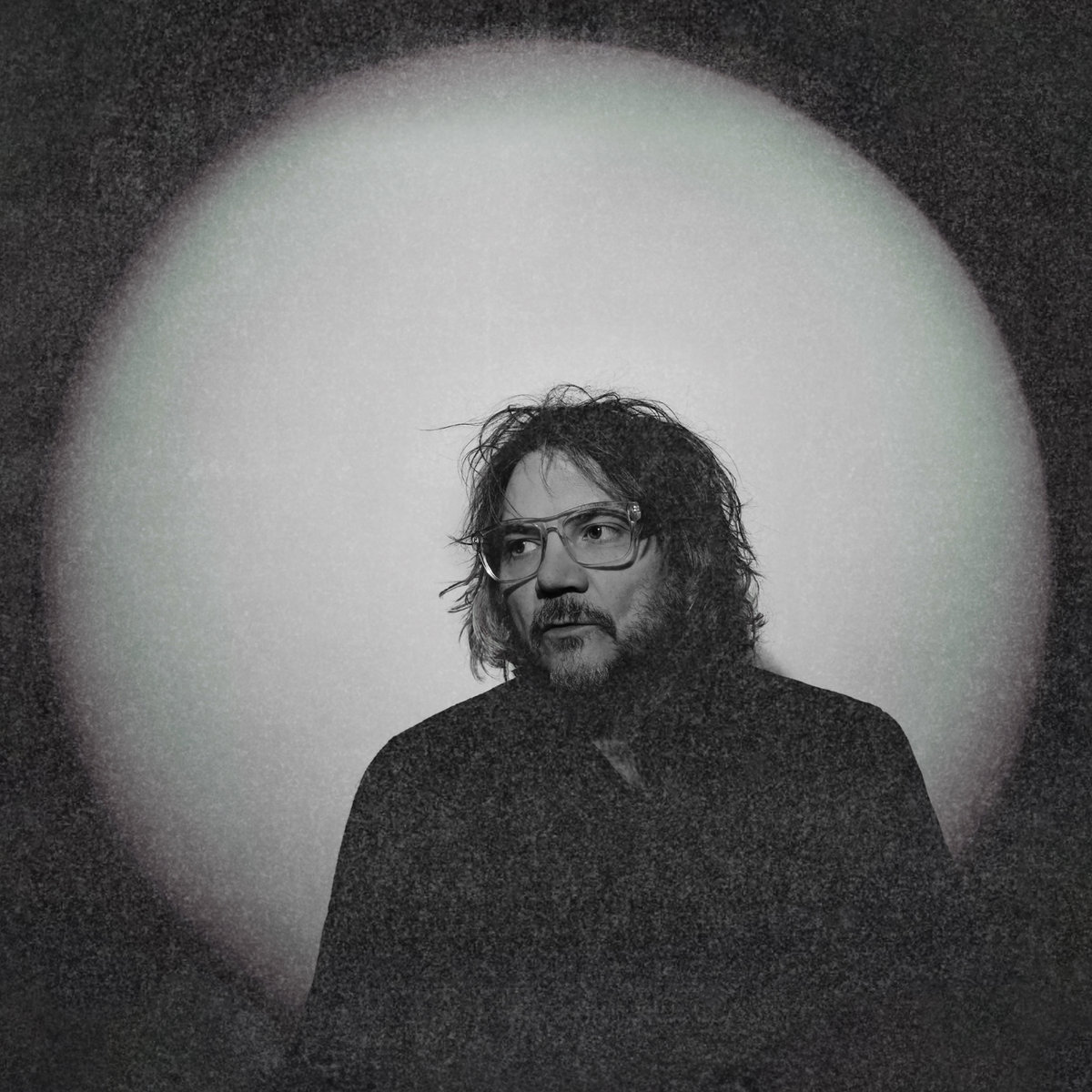- Atlantic
- 2024
In 2010, when she was "Charli XCX" only on flyers for underground London raves, Charlotte Aitchison sang Britney Spears' "...Baby One More Time" as a performance art piece while studying at UCL's Slade School of Fine Art. It's hard not to view the school project as a prophecy. Britney's impact is woven throughout Charli's career, culminating in a scrapped songwriting collaboration and a classically Britney Instagram diss: "They keep saying I'm turning to random people to do a new album … I will never return to the music industry !!!"
Fourteen years after university, Charli is, in some circles, as mononymous as her art school muse. Her mainstream-pop-held-at-gunpoint album, 2022's Crash, was her first to reach the Billboard top 10, but her core fanbase, and even Charli herself, felt disappointed by the record's paint-by-numbers hits. Brat, Charli XCX's sixth official album, is about retreating to her niche and partying with the club kids who first launched her career. But it's also about the disillusionment of fame, the realization that success won't eradicate envy or erase the societal pressure to settle down and start a family. If Charli XCX is ostensibly at the highest point in her career, then why, she asks on Brat, do these tears come at night?
The rollout for Brat would have you believe it's an album of nonstop club hits: The singer made stops at Boiler Room and The Lot Radio, two electronic club institutions that, like Charli, have built their legacies on bringing the gritty, chaotic energy of an all-night warehouse party into the homes of the terminally online. The album opens on a packed dance floor, with "360" calling out that night's VIPs — Julia Fox, Gabriette — by name. On "Club Classics," she's tired of performing away from her fans on stage, flanked by back-up dancers — she wants to party to her own music instead.
We rely on reader subscriptions to deliver articles like the one you're reading. Become a member and help support independent media!
But Brat leaves the camera rolling after Charli steps out of the DJ booth. "Sympathy is a knife" finds the star backstage, scanning the green room for women who might threaten her power or worse, her relationship. "George says I'm just paranoid," she sings about her fiancé, the 1975's George Daniel. Daniel pops up throughout Brat, and his presence is both calming and unnerving — their relationship is an anchor in Charli's life, but Daniel's fame serves as a perpetual point of comparison for her own career. "Sometimes you're watching your boyfriend's band sell out arena after arena, and that can make me feel small," she said in an interview with The Face. It doesn't help that the relationship puts her in direct contact with, say, 1975 frontman Matty Healy's former fling Taylor Swift. "I couldn't be her if I tried," she belts out on "Sympathy," wrestling with the need for validation as someone who has to project self-possessed confidence night after night.
Brat lives in the dark corners of the club, panicking about one's own self-worth while sneaking another bump of ketamine. Even its straightforward pop songs — "Talk talk," "Apple" — are rooted in deeper anxieties about the future of her relationships, and rather than swapping songs on her USB stick, she's worried about going back to a starfucker on "B2b." Its sound takes after the messy, rambling, distorted stylings of electropop artists like Uffie and Peaches, who prioritized blunt honesty over anything like a rhyming scheme. Charli XCX has said she wanted her new album to be abrasive, down to the puke green color and blurry lettering on its cover. She and producers A.G. Cook and EasyFun just as often use digital processing to heighten harshness rather than soften its edges. On "Girl, so confusing," the vocoder masking her voice underscores the rawness in her lyrics, about the heady combination of jealousy and admiration she feels for one of her pop peers (heavily implied in interviews to be Lorde). That stream-of-consciousness writing doesn't always land — the slow, subdued fourth track "I might say something stupid" lingers a bit too long on its titular anxiety — but then again, would a true Brat sacrifice honesty for mass appeal?
But the album's most striking moments happen outside of the club entirely. "So I" is an homage to her frequent collaborator SOPHIE, but she doesn't settle for easy recollections of good times, instead honing in on the regrets she feels for not taking the late producer up on dinner plans when she still had the chance. "Would you like this one?" she wonders aloud before "So I" dissolves into gossamer synths aimed towards the afterlife. In addition to its direct references, Brat is imbued with the late artist's penchant for subdued, spatial production. On one of the album's last songs, the 31-year-old musician recounts a visit to her friend Noonie Bao, where she sees the songwriter holding her baby for the first time. The experience begs a question so ubiquitous for women at her age that she doesn't need to name it directly. Does she want a baby? "I think about it all the time," she answers over a minimal breakbeat. It's a song that feels fittingly intimate musically and lyrically, from private confessions about birth control to the quiet humming in its coda. The most profound parts of her life, she suggests, happen on the smallest scale.
Brat is an album about being almost famous, but by choice. If Crash gave Charli XCX a taste of superstardom, Brat is her retreat to being simply an It Girl. She had a breakout hit from the soundtrack to last year's biggest movie, but she still has to squirm awkwardly as a Real Housewife pretends to know her back catalog on Watch What Happens Live. She can wander Stockholm existentially pondering her future without being recognized on the street, yet has to consider international tour schedules when that future might include starting a family. There's something inherently humanizing about Charli XCX's career, the story of someone who purposely returned to the underground after years aiming for the spotlight. Fame might still bring tears, but on Brat, Charli has SOPHIE in her ear, telling her it's okay to cry.
Brat is out 6/7 on Atlantic.







